May Day EFL Lesson: We’re exploring the history and cultural significance of May Day and how it can be integrated into the classroom to enhance language learning!
Spring Into English with a May Day EFL Lesson!
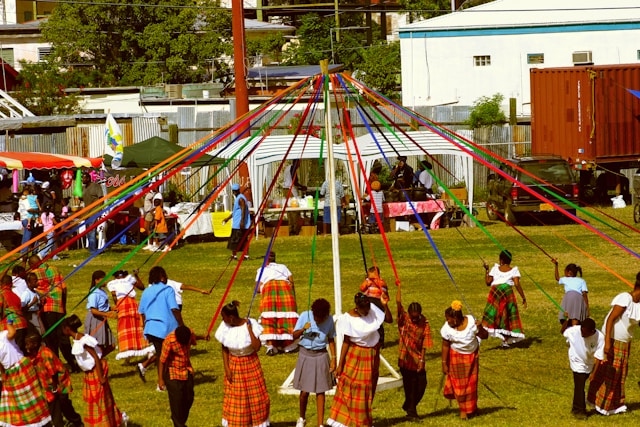


May Day EFL Lesson: We’re exploring the history and cultural significance of May Day and how it can be integrated into the classroom to enhance language learning!

It’s Mother’s Day this weekend! This day is celebrated on the fourth Sunday of Lent each year, falling three weeks before Easter. The day was originally Mothering Sunday, a religious day when people would visit their ‘mother’ church, but later
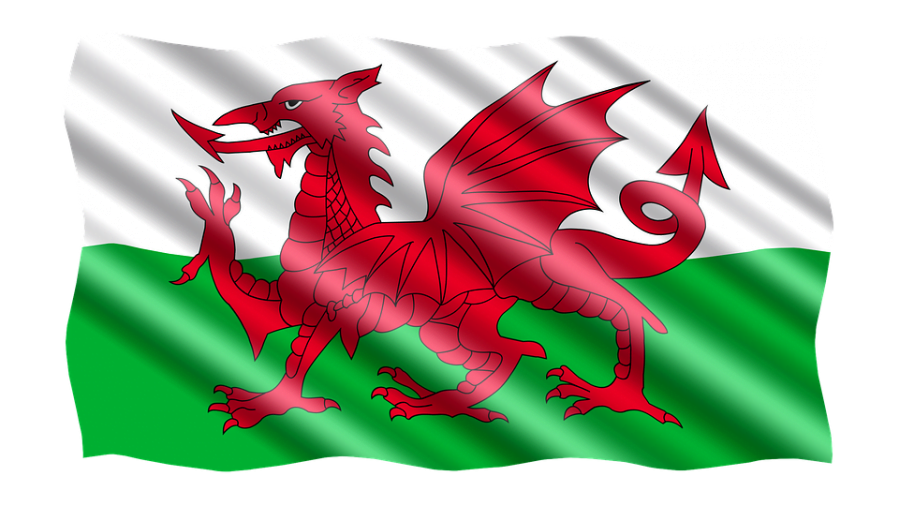
St David’s Day falls on 1st March each year. This special day has been celebrated since the 12th century and although it is not a national holiday in the UK, it is regularly marked with celebrations. Saint David is the

Eurovision is the colourful, over-the-top, cheesy and fabulous international music competition that is broadcast every year across Europe, Asia, the US and Australia to millions of fans and ironic supporters! The Eurovision Song Contest Final always offers an evening of fun
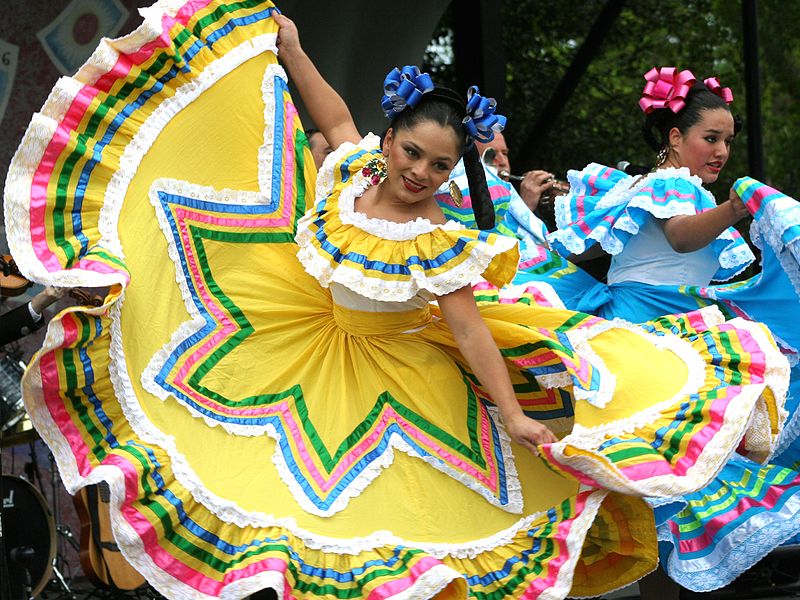
Cinco de Mayo (5th May) is a celebration day in the US and Mexico when people celebrate Mexican culture, heritage, food and music with street festivals and parades. The day commemorates the Mexican army’s 1862 victory over France at the

Pancake Day is just around the corner, which means everyone in the UK will be preparing to make delicious crispy pancakes! The proper name for Pancake Day is of course Shrove Tuesday. This is the day when people traditionally used
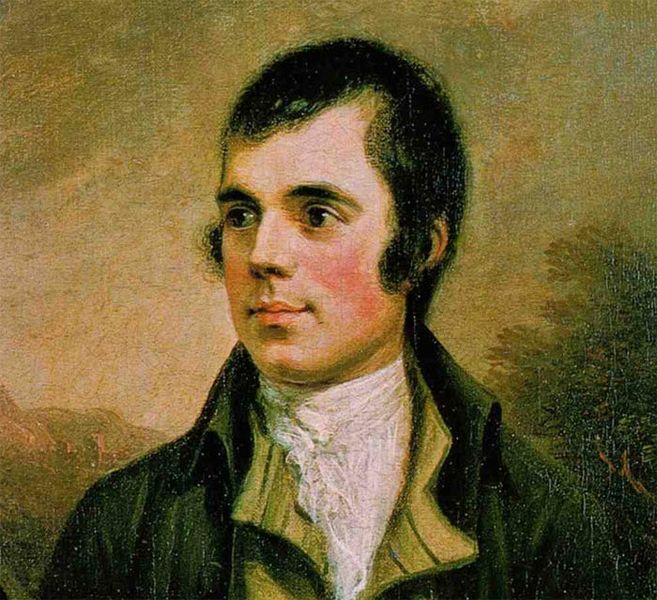
Burns Night is a celebration dedicated to the life and works of the great Scottish poet Robert (Rabbie) Burns. On 25th January, many people will be throwing a Burns Night supper, featuring all the traditional elements. The classic celebration includes
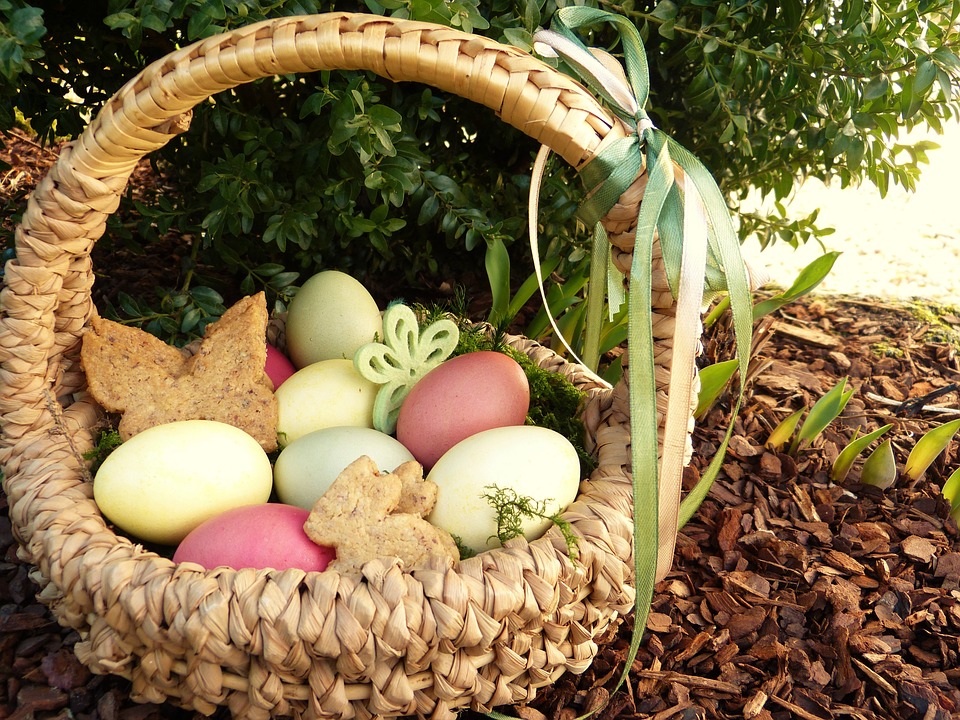
Easter is a special time across the world where people commemorate the crucifixion and celebrate the resurrection of Jesus. This spring time festival has many traditions associated with it in the UK, from the sharing of chocolate Easter Eggs to

Happy St Patrick’s Day! This special day is celebrated every year on 17th March and it is a great time to present some new vocabulary relating to Ireland and Irish folklore. Our St Patrick’s Day lesson includes interesting words and

Happy Chinese New Year! The Year of the Snake begins on Wednesday 29th January 2025. The snake is associated with wisdom, strategic planning and intuition in Chinese culture. This enigmatic creature should imbue your EFL teaching learning and teaching with